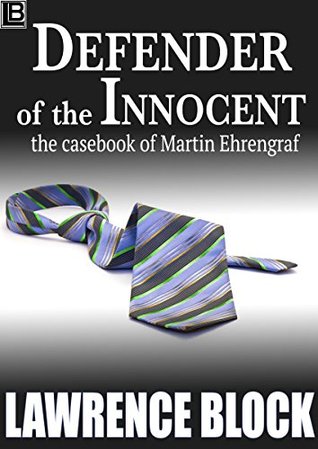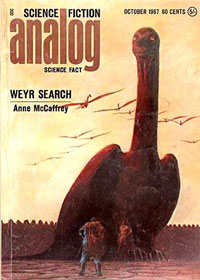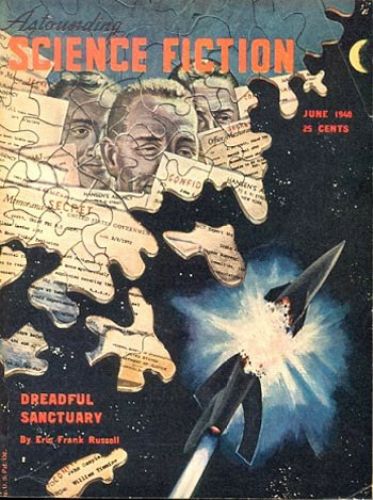--Ted Chiang in The Metahack Interview (interviewed by Avi Solomon). The book is "free" through subscription to Amazon's Kindle Unlimited program.
- I usually think about [an idea I'm interested in] for a long time, and
- write down my speculations... about how [they] could become a story. [From the McCarron interview:] I think about different possible stories set in such a world; I can usually come up with a bunch of starting points, but I don’t know where those would go....
- I don't [write] the story... until I know how the story ends.... I write... the last paragraph... or a paragraph near the end.... *
- The second thing I write is the opening of the story.
- I write the key scenes or landmark scenes. [From the McCarron interview:] I don’t have the whole story worked out in detail, but I have a general sense of what needs to happen. Sometimes I’m able to borrow elements from the other starting points that previously seemed like dead ends to me, although not always.
- Then I just in backwards and forwards [in almost random order].
--Ted Chiang in Electric Literature (interviewed by Meghan McCarron)
* The explanation of why Chiang writes the ending first:
"[I]f you’re writing a mystery story and you have no idea who the murderer is and are hoping to figure it out along the way, then the odds are not good that the culprit you eventually decide on will match all the clues you laid out. Not all stories are mysteries or whodunits, but I tend to approach my stories in a similar fashion. I need to know “who done it” before I can start."--Ted Chiang in an interview with Betsy Huang of Asian American Literary Review

![Barbarians by [Farland, David]](https://images-na.ssl-images-amazon.com/images/I/51rekR2s7JL.jpg)
![Ashes and Starlight by [Farland, David]](https://images-na.ssl-images-amazon.com/images/I/417jrXJvmML.jpg)










![Map: Collected and Last Poems by [Szymborska, Wislawa]](https://images-na.ssl-images-amazon.com/images/I/51y5tQn2mfL.jpg)